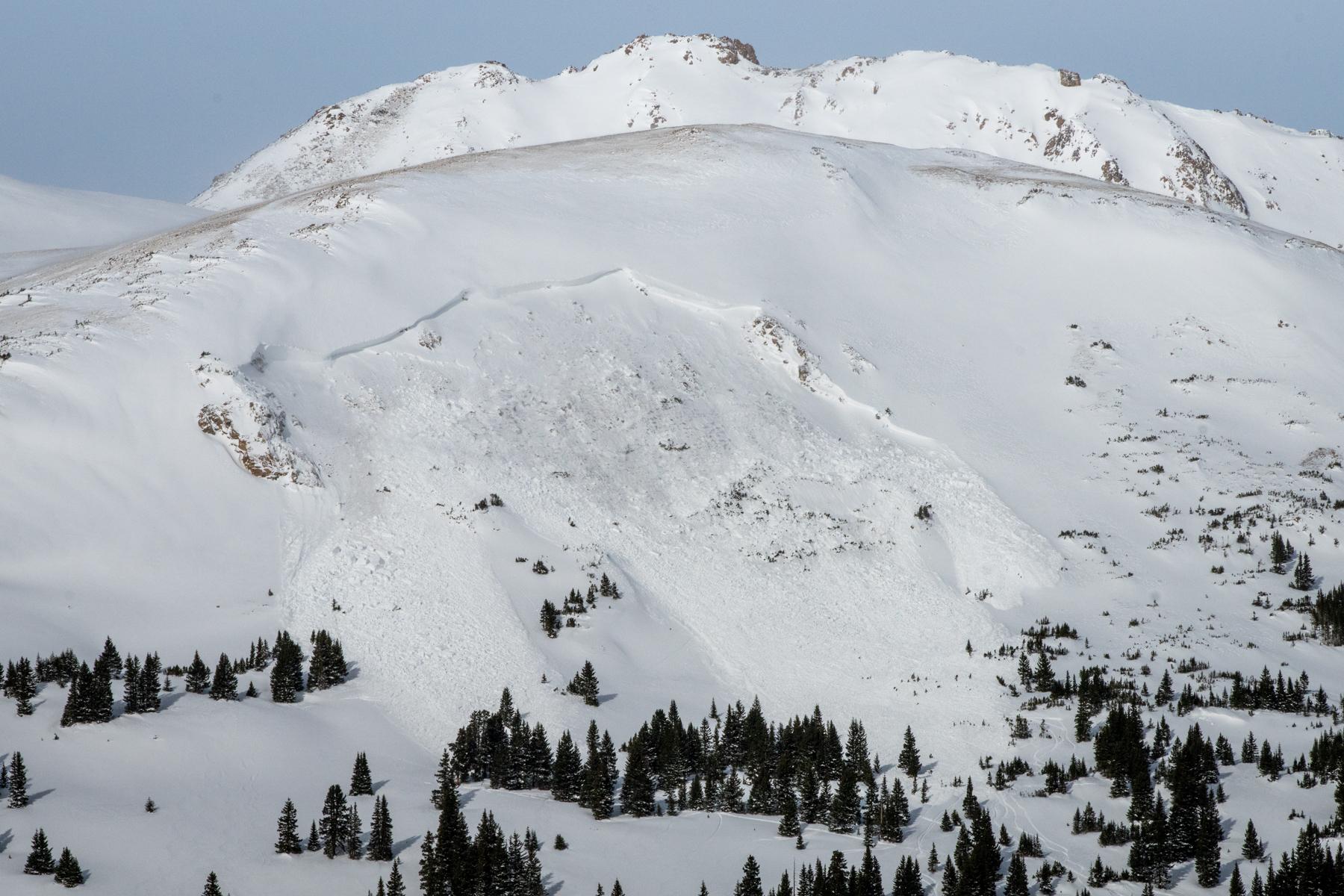
A decision earlier this month to increase the price of cards that support Colorado search and rescue groups is the latest step aimed at helping a first responder network that advocates say is shouldering a bigger burden than ever before.
The Colorado Parks and Wildlife Commission increased the price of the Colorado Outdoor Recreation Search and Rescue Card. It’s a sort of formalized way for outdoor recreationists to donate to search and rescue. But, it’s a small piece of what has historically been a limited pool of funds.
“Up until about a year ago, the state funding was all revenue based on the hunter and fisher licensing as well as the OHV registrations and the Colorado Outdoor Search and Rescue Card Sales,” Perry Boydstun Search and Rescue program manager said. “And so it generated roughly $620,000 a year. Some of that was used for reimbursing counties or nonprofit organizations when they went out on incidents. And then the rest of the funding was used on grants for training and equipment.”
That money was split between search and rescue organizations around the state, which are managed at the county level. However, in recent years, state legislators have passed a number of bills that will add millions of dollars to that fund, creating new opportunities.
“Some of the counties haven’t really looked into what they need because they’ve just been functioning on what they have. When you don’t have a lot of money you don’t look into what you wish you had,” Boydstun said. “Now that there is a little bit more money you start to think a little bit, ‘Wow, if we had this it would improve our response time by an hour or two hours.’ And that’s big when you’re in life-or-death situations.”
Those life-or-death situations can be any number of things, depending on where you are in the state. Jeff Sparhawk, the executive director of the nonprofit Colorado Search and Rescue Association, said local operations are grappling with how to continue offering volunteer-based, no-cost rescues.
“That’s the million-dollar question. We’re not exactly sure what that looks like. We’ve looked worldwide at how search and rescue is handled. By and large, it’s volunteer across the globe,” he said. “And relying on volunteers makes sense in a lot of different ways, up to a point. If it’s so busy that the volunteers can’t hold a job or can’t have a life because there’s just too much need for services, then the situation needs to change. By and large, I don’t think we’re at that point for most counties … but how do we do that, I don’t know.”
Sparhawk’s organization is considering ways to centralize some things that search and rescue teams need, like legal services, human resources support and accounting. But, he said, many of the problems the state faces as a whole have trickle-down effects for search and rescue.
“Just like everywhere else in Colorado, housing is a big issue. For most of the younger folks, if you’re living in a mountain community, you’re working multiple jobs, probably, just to live there. And you don’t necessarily have time for search and rescue. You don’t have the disposable income to donate to search and rescue. So the greater societal challenges are affecting us the same way they’re affecting everybody else,” Sparhawk said.
Jenny Hart is a volunteer with Ouray Mountain Rescue. Their rescue team responds to everything from ATV rollovers on old mining roads to injured hikers on the county’s 14,000-foot peak, Mt. Sneffles. She said state funding is welcome and overdue. In Ouray, they finally had to ask for money from local governments for the first time in the organization’s history.
“Literally, 49 years in, we’re finally getting a little bit of help from the governmental agencies in the region. Otherwise, we fundraise everything. It’s all donations from private donors. We sell t-shirts and hats,” Hart said. “But really it’s been a huge process over the years and connecting with people who want to support us.”








